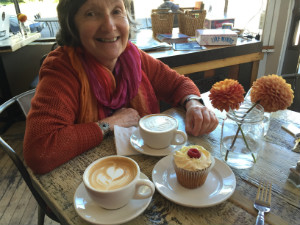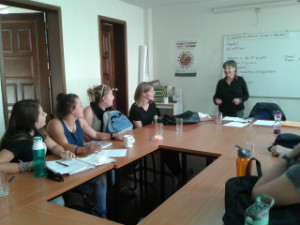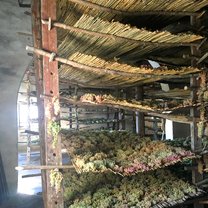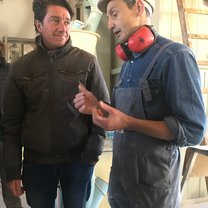How and when did you begin working for HECUA?

Prior to 1998, the Community Internships in Latin America program was based in Colombia. As the political situation in Colombia deteriorated, HECUA began to look for a different homebase. The outgoing Colombian country director suggested Ecuador.
After decades of an absurd war regarding territory and resources, we Ecuadorians had recently signed a peace accord with Peru. A friend of mine let me know that HECUA was looking for someone based in Quito to lead the program. I was interested, applied, and now, here I am.
Why do you think HECUA’s model of internships + classroom time is so effective?
I think the effectiveness of this model is due to the combination of the focus on hands-on experience, and the time we give students to reflect on the experience. Young people are always motivated by action, by doing.
But the experience alone means nothing without reflection. It is in this way that we can learn and nudge the learning towards rooted change.
How have you changed/grown since working for HECUA?

This is a great question! Change and growth that stem from the program experience are topics that we discuss at length with students, and that we reflect in the classroom. It is rarely perceived that my involvement with the program as director is something that has made me change and grow.
But in reality, I’ve learned many things! It is incredible the enormous amount of information about my own country, my city, the organizations where our students intern, etc., I have accumulated.
I have also learned so much about young Americans. Their lives, their expectations, their hopes and concerns, the way they live, and how they can be transformed by an experience like this one.
What is a regular activity/field visit/speaker presentation in your program that you find to be particularly exciting?
I wouldn’t choose a single activity, but a broad sweep of action. There are two sustained actions that are the most exciting: the internships (where students spend up to 20 hours a week) and the field visits.
Both of them allow students to be in contact with the real day-to-day life of Quiteños. They work, they are in contact with people, they experience new ways of life, they know diversity, they become aware of their own privilege.










